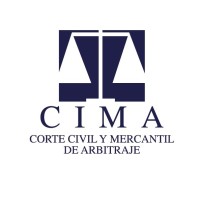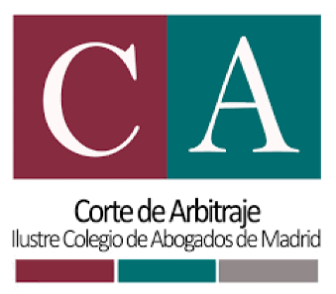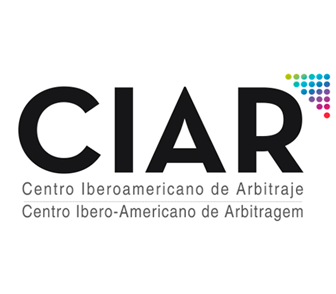

History and values
CIAM is the result of the merger, in 2020, of the international activity of the Madrid Court of Arbitration (CAM), the Spanish Court of Arbitration (CEA) and the Civil and Commercial Court of Arbitration (CIMA) with the Madrid Bar Association (ICAM) as strategic partner, into a single Center that administers only international cases with an Ibero-American vocation.
CIAR was constituted by the Ibero-American General Secretariat at the Conference of Ministers of Justice of Ibero-American Countries during the Summit of Heads of State of Ibero-American Countries in Veracruz in 2014.
Due to the evident synergies and to advance its objectives, as of March 2024, following the signing of an official alliance, CIAR’s activity has been incorporated into CIAM, an institution that is now called CIAM-CIAR and has already administered more than 40 cases with the highest standards of efficiency and excellence.
Scope of action
1. CIAM-CIAR administers only international arbitrations.
2. The Center administers international disputes
– deriving from contracts with arbitration agreements designating CIAM-CIAR as the administering institution, and
– deriving from contracts with arbitration agreements that designate any of the founding Courts (CAM, CEA, CIMA or ICAM) as the administering institution (“transferred cases”).
3. In terms of transferred cases:
- All disputes arising from arbitral agreements signed after 1 January 2020 this will be administered by CIAM-CIAR. In such cases, the transfer is automatic.
- For disputes arising from arbitral agreements entered before 1 January 2020, they will initially be administered by the Founding Court. However, CIAM-CIAR will invite the parties to consider transferring the case to CIAM-CIAR. If the parties agree on that transfer, CIAM-CIAR will administer the case. Otherwise, the Founding Court will continue administering the case.





